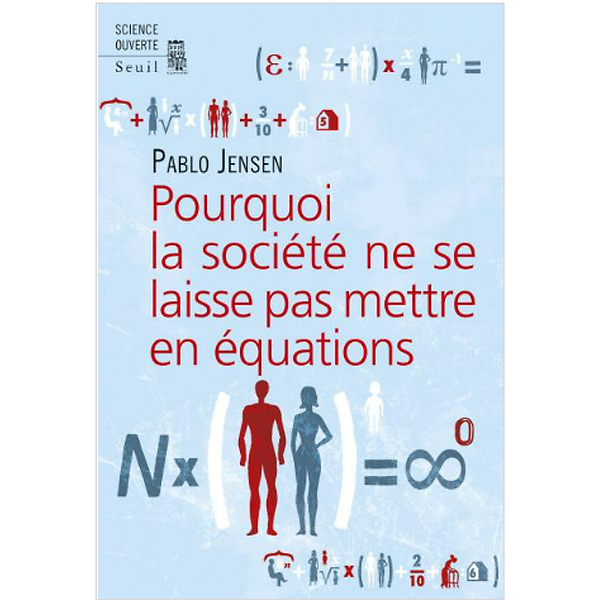Pourquoi La Societe Ne Se Laisse Pas Mettre En Equations
Cité des sciences et de l'industrie
Description
Economic growth, high school rankings, web advertising: more and more, our activities are put into numbers, into equations, to guide or predict our behaviors. Will Big Data, these abundant digital traces that we constantly produce, allow us to create a new science of society, as powerful as the natural sciences? Can we draw inspiration from the mathematical modeling and computer simulation techniques developed in the natural sciences to finally understand society and improve it? An analysis of this perspective is urgent at the dawn of the digital revolution. Thanks to his double competence as a researcher in physics and social sciences, the author dissects numerous concrete cases of quantification of our activities, comparing them to successful mathematizations of physics. He can then put these examples into a general theoretical perspective, explaining the successes, failures and political consequences of putting the world into equations.
Product information
- Dimensions
- 14,0 cm × 20,6 cm × 2,1 cm
- Number of Pages
- 336
- EAN
- 9782021380101

